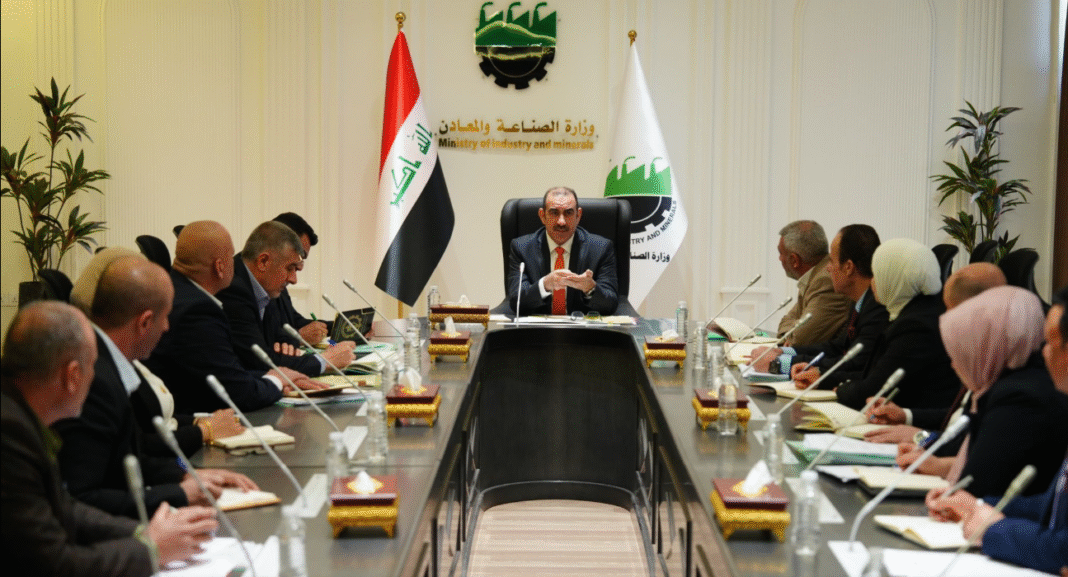Iraq has taken a key step toward economic transformation by partnering with the International Finance Corporation (IFC). This cooperation focuses on developing industrial cities in Iraq and enhancing local workforce skills. Together, both sides aim to drive investment and sustainable growth.
To begin with, the Minister of Industry and Minerals, Khaled Battal Al-Najm, welcomed the IFC team in Baghdad. Their meeting explored ways to modernize infrastructure, attract private developers, and expand Iraq’s industrial capacity.
Moreover, the IFC delegation presented its global experience in industrial city development. They shared examples of private-public partnerships that improved industrial performance and investor confidence. This exchange helped shape a shared vision for the future of developing industrial cities in Iraq.
In addition, the discussion highlighted ongoing industrial projects in Iraq. Some of these already involve private sector partners. As a result, both sides discussed ways to align current projects with global best practices and long-term strategies.
Furthermore, the delegation reviewed trends in green industrial zones. These eco-friendly concepts could support sustainable planning in Iraq’s future industrial areas. The IFC team offered guidance on integrating clean energy and environmental protections into the planning process.
Also, the Minister stressed the need for staff training. He directed the Industrial Cities Authority to launch immediate training programs. These programs aim to equip employees with the skills needed to keep up with modern industrial tools.
Additionally, the Minister organized a field visit to Najaf Industrial City. The IFC delegation will join this visit to assess progress on-site. This visit will help outline the next practical steps for developing industrial cities in Iraq.
Meanwhile, both parties expressed interest in strengthening investment frameworks. By improving investor access and streamlining regulations, Iraq hopes to attract more private capital into its industrial sector. These improvements will increase the long-term success of industrial zones.
Moreover, the Ministry and IFC agreed to build a detailed roadmap. This plan will support infrastructure, private-sector involvement, and institutional capacity. These efforts align with Iraq’s national economic goals and create space for job growth.
In conclusion, Iraq’s partnership with IFC opens new doors for developing industrial cities in Iraq. With training, investment, and planning, Iraq is preparing for a more modern and resilient industrial future.





